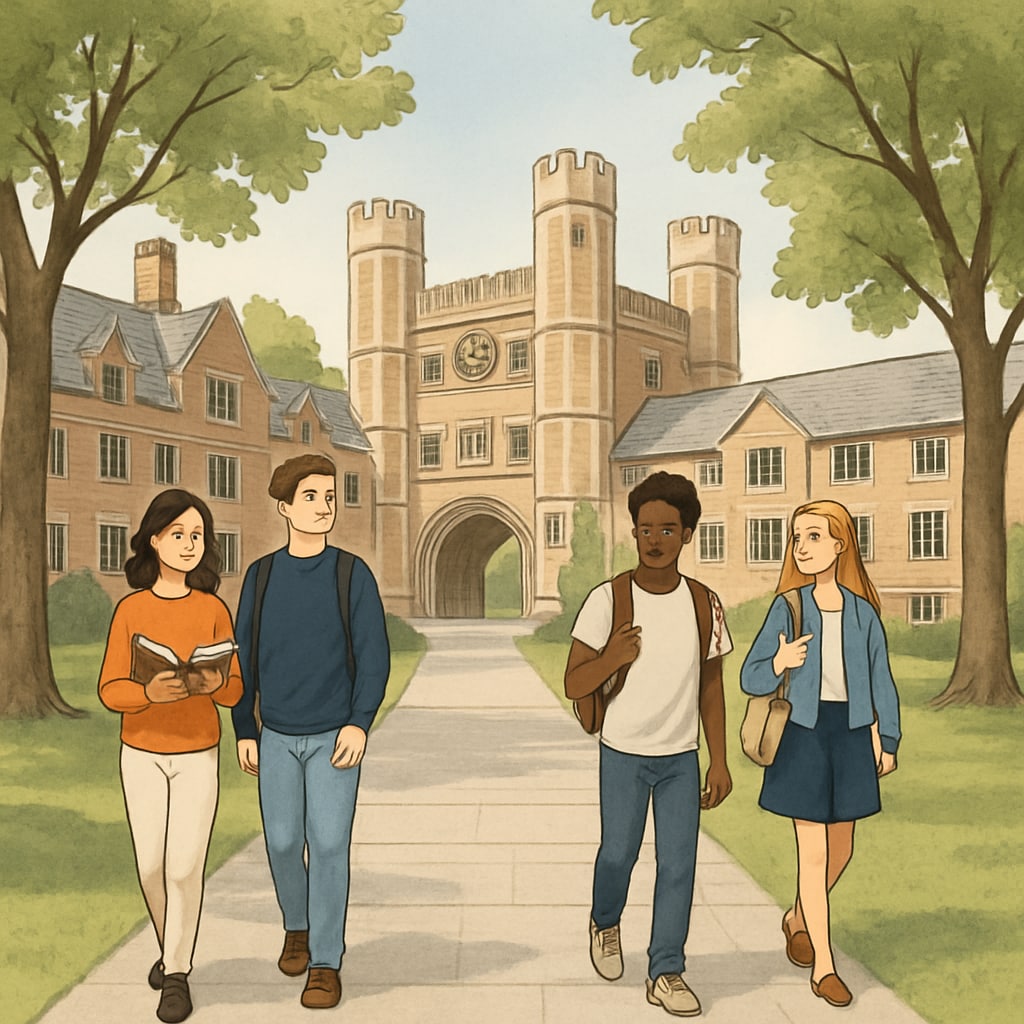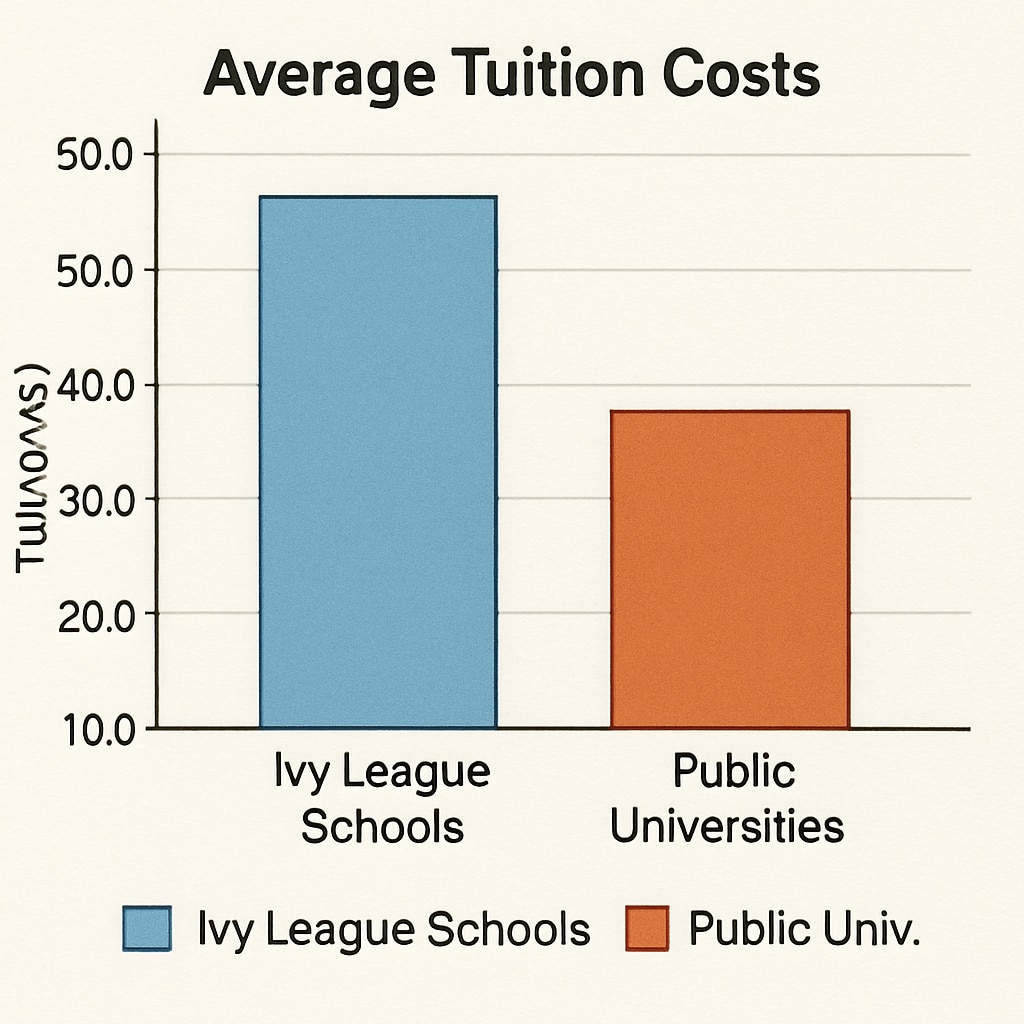The reputation of Ivy League schools like Princeton has long been considered a hallmark of academic excellence. However, is this reputation deserved, or are these institutions overrated? In recent years, growing skepticism has emerged about whether the educational value provided by these elite universities matches their societal prestige. This article aims to explore the myths surrounding Ivy League education and why we should critically reevaluate these institutions’ significance in modern academia.
Questioning the Value of Prestige
Princeton and its Ivy League peers have cultivated a nearly mythical aura over decades. They are often seen as gateways to success, with alumni networks that open doors to lucrative opportunities. However, critics argue that this prestige is more rooted in historical legacy than in their current contributions to education. For example, many Ivy League schools were established centuries ago and have benefited from a long history of wealth accumulation and societal influence.
Despite their reputation, studies reveal a surprising truth: the educational outcomes at Ivy League schools are often comparable to those at less prestigious institutions. According to a study by the Brookings Institution, graduates from state universities often achieve similar career outcomes as their Ivy League counterparts when controlling for socioeconomic background.

Are Ivy League Schools Worth the Cost?
The financial burden of attending an Ivy League university is another critical factor to consider. With tuition fees exceeding $60,000 annually at institutions like Princeton, many students and families face overwhelming debt to afford an Ivy League education. Meanwhile, public universities and community colleges offer far more affordable alternatives, often with comparable academic rigor.
In addition, the exclusivity of Ivy League schools raises questions of accessibility. Their acceptance rates are often below 10%, which excludes most qualified applicants. This exclusivity fosters a perception of elitism, potentially alienating those from less privileged backgrounds.

Rethinking the Purpose of Higher Education
Rather than focusing solely on prestige, students and families should consider what they hope to achieve from higher education. Are they seeking career preparation, personal growth, or societal impact? While Ivy League schools excel in branding themselves as elite institutions, their educational model is not necessarily superior to that of other universities.
For example, schools like the University of California system or flagship state schools such as the University of Michigan often provide world-class education at a fraction of the cost. These institutions also contribute significantly to research, innovation, and community engagement, rivaling—or even surpassing—the accomplishments of Ivy League schools in certain fields.
Final Thoughts: Separating Myth from Reality
In conclusion, while Princeton and other Ivy League schools undoubtedly offer excellent resources and opportunities, their societal prestige may overshadow their actual educational value. As a result, students and families should critically evaluate the true benefits of attending such institutions versus more accessible and affordable alternatives. Higher education is not a one-size-fits-all journey, and success is not guaranteed by the name on a diploma.
Ultimately, the real measure of a university’s value lies in its ability to empower students to achieve their goals—whether at an Ivy League school or beyond.
Readability guidance: This article uses short paragraphs, clear transitions, and accessible language. Lists and examples are included to simplify complex points. Overly long sentences and passive voice are minimized for clarity and engagement.


